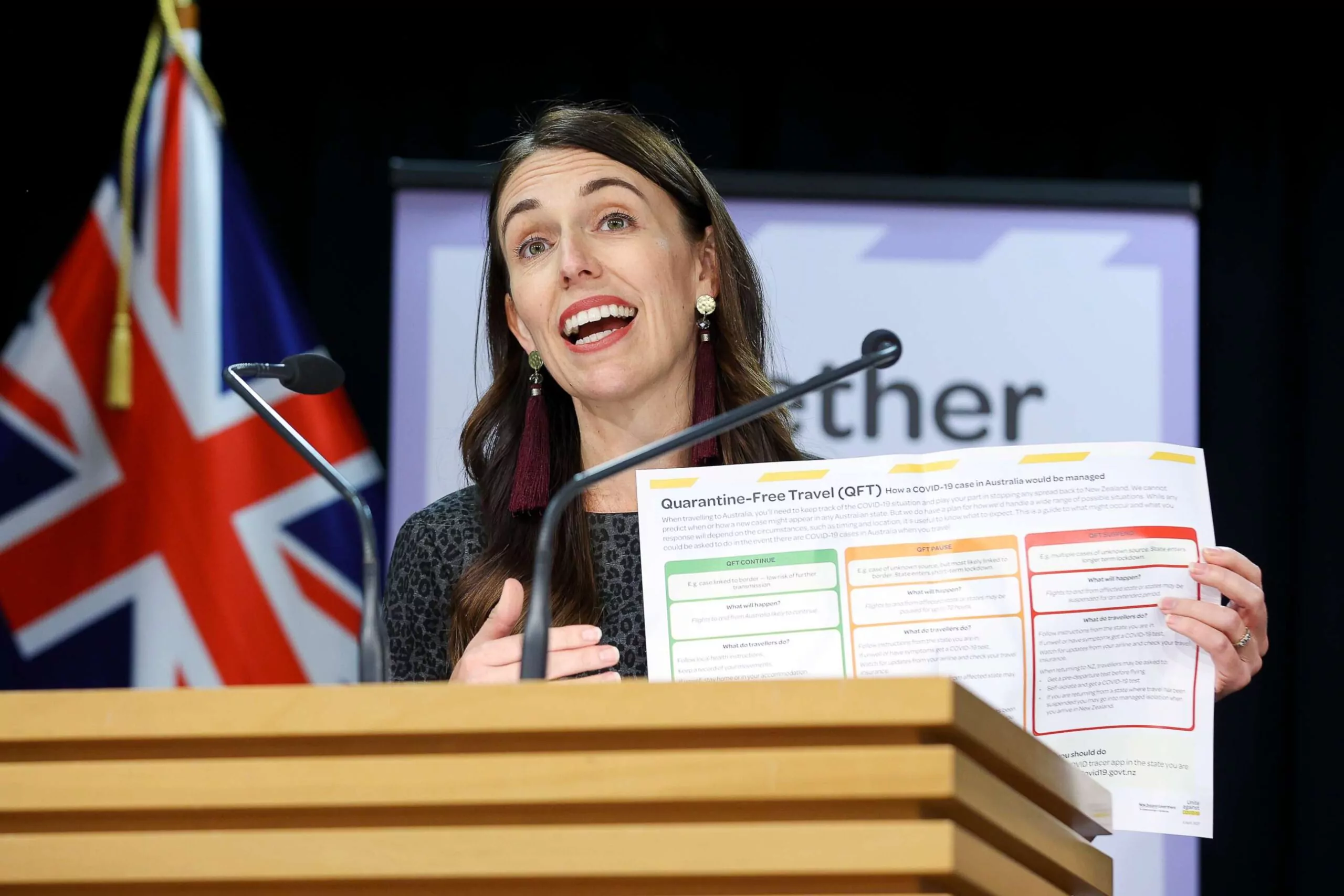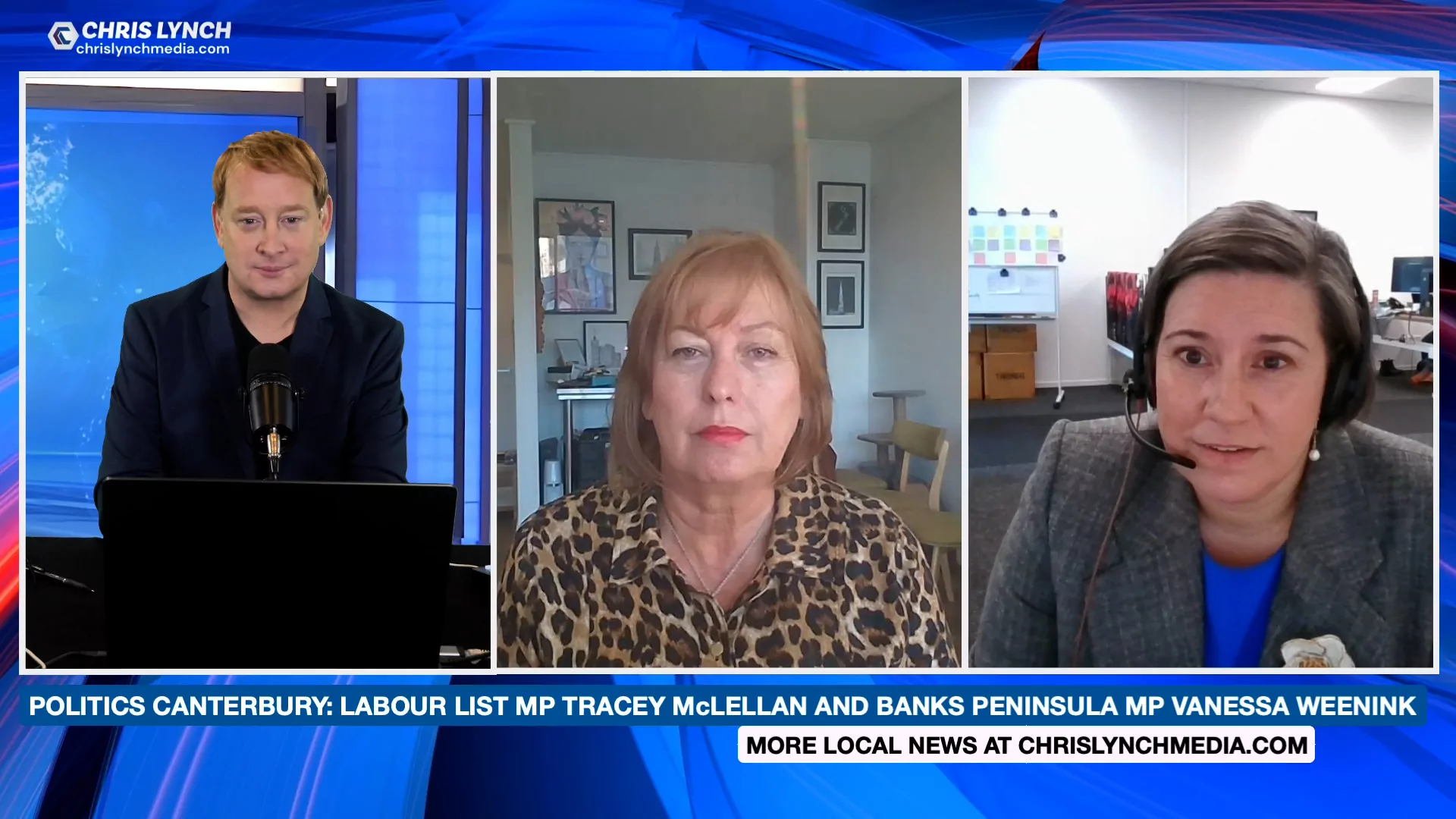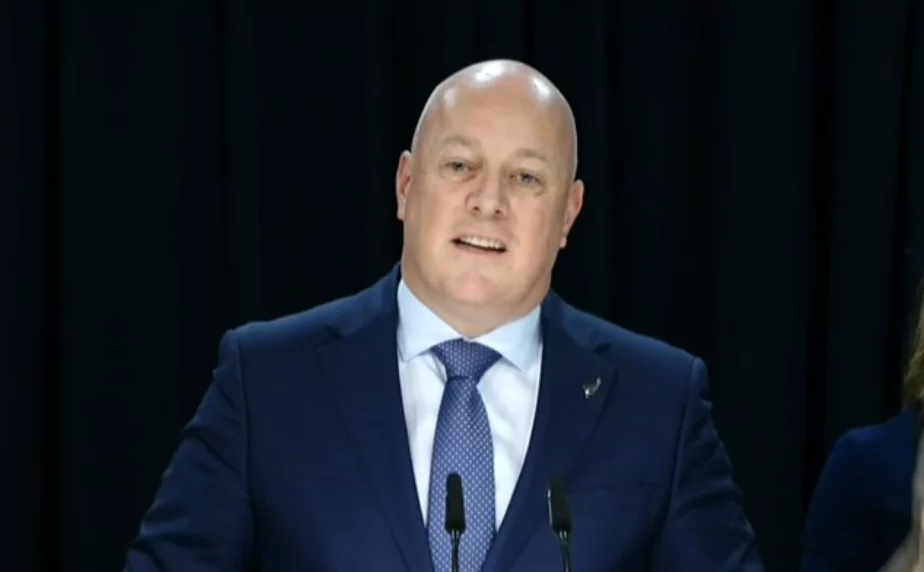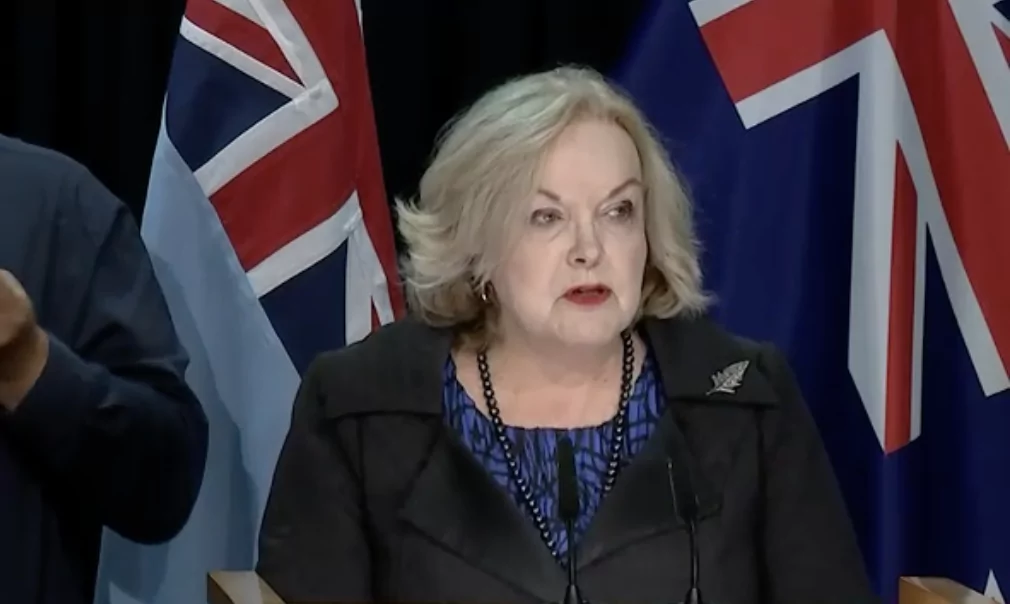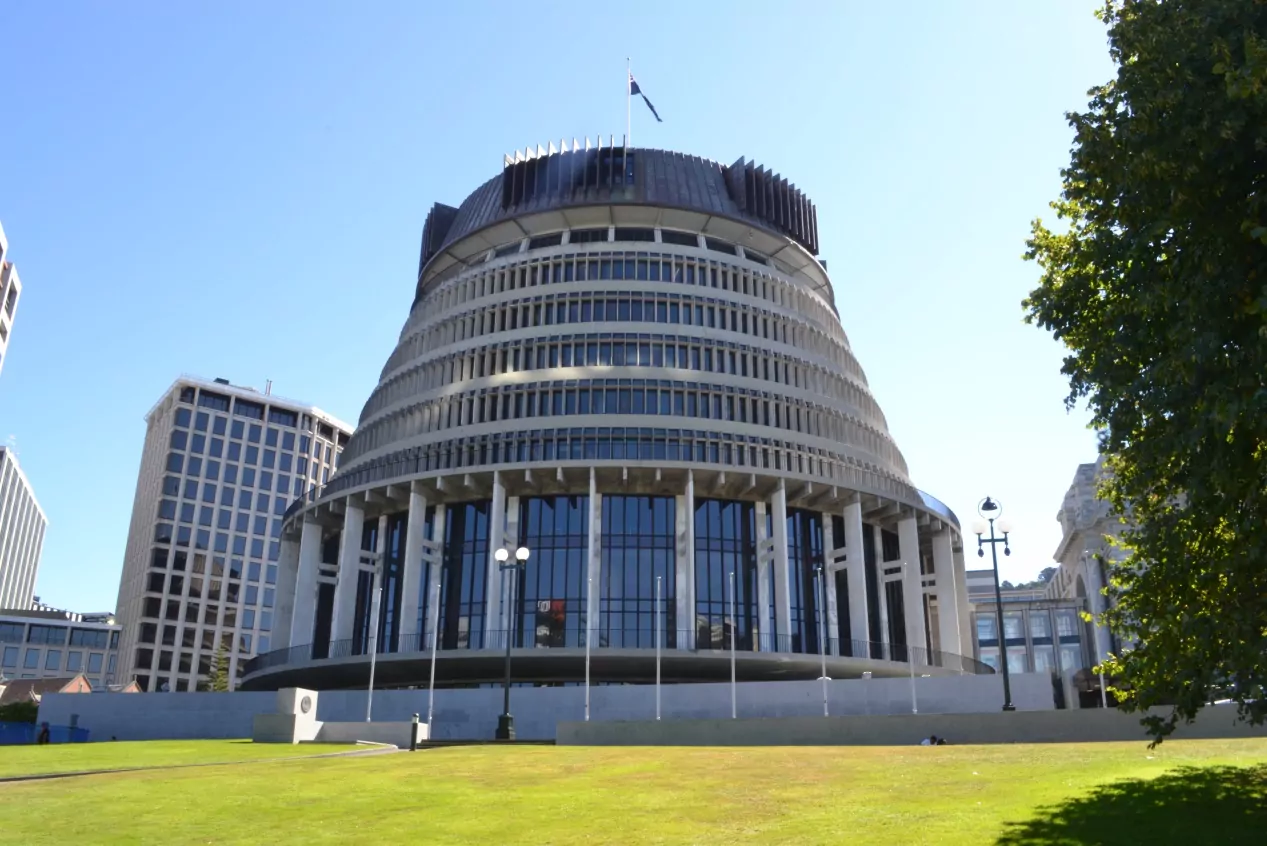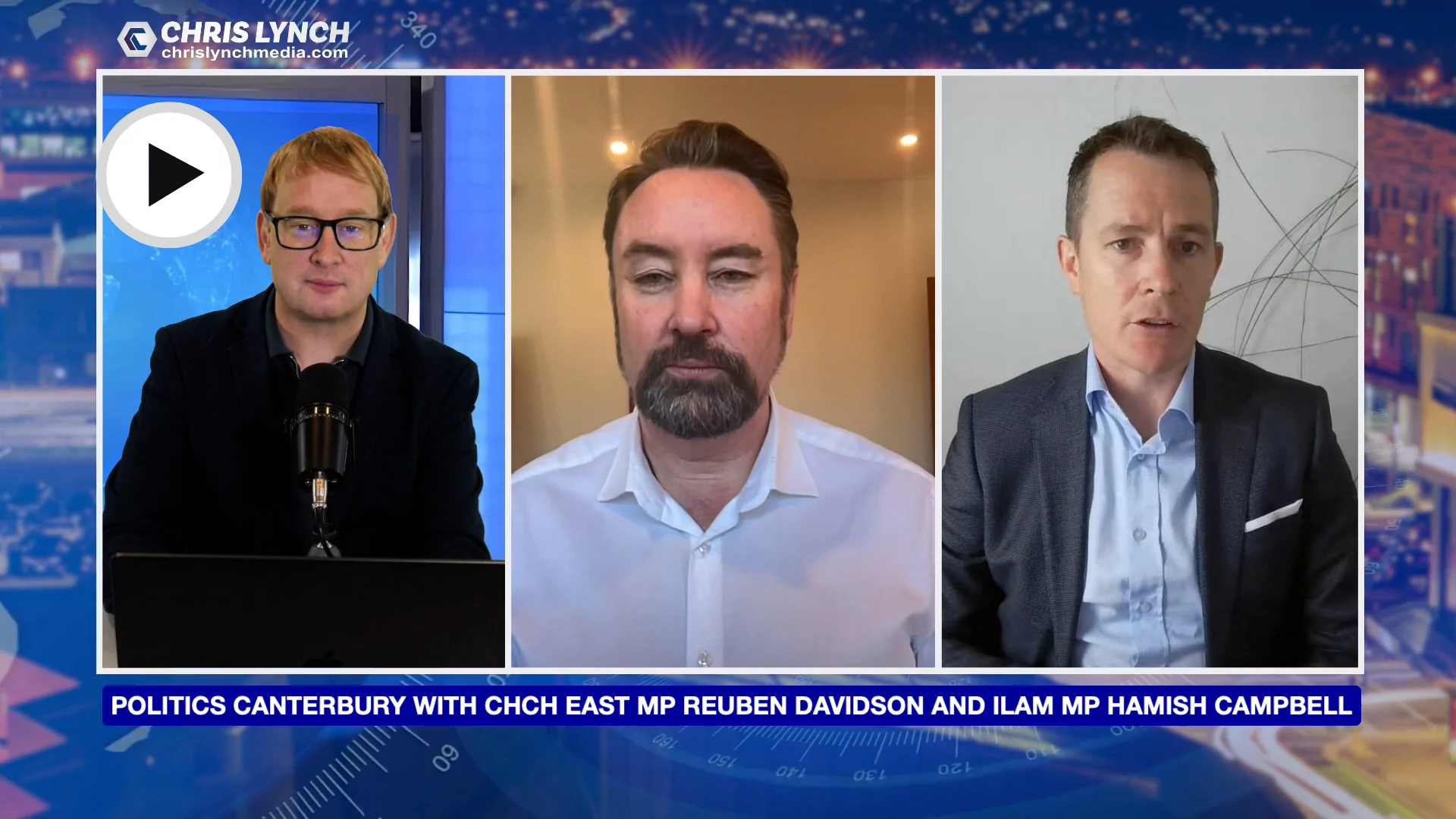The Government has finalised the terms of reference for Phase 2 of the Royal Commission of Inquiry into COVID-19, Internal Affairs Minister Brooke van Velden has announced.
Velden said “these terms of reference reflect the decision taken by the Government in June to establish Phase 2 of the Royal Commission. Both the ACT-National and New Zealand First-National coalition agreements include commitments to expanding the inquiry to cover outstanding matters of public concern.”
Phase 2 of the inquiry will focus on reviewing critical decisions made by the Government in 2021 and 2022, particularly those related to the use of vaccines and lockdowns.
This includes examining the extended lockdowns in Auckland and Northland.
The inquiry will assess whether these decisions balanced public health goals with minimising social and economic disruption, considering aspects such as health and education outcomes.
In addition, the inquiry will evaluate the impact of these decisions on inflation, debt, and business activity. Public hearings may be held as part of the process, where deemed appropriate.
Grant Illingworth KC has been appointed as the Chair of Phase 2. Illingworth, who joined the inquiry in July to support the final stages of Phase 1, will help transition the inquiry into its next phase. “I am pleased to announce that Grant Illingworth KC will lead Phase 2 of the Inquiry,” Velden said.
Joining Illingworth are Judy Kavanagh and Anthony Hill, appointed as Commissioners for Phase 2.
The current commissioners for Phase 1, Professor Tony Blakely and John Whitehead, will step down from their roles following the conclusion of Phase 1 on 28 November 2024.
“The detailed terms of reference for Phase 2 of the inquiry will address outstanding matters of public concern,” Velden said. “I look forward to the future of the inquiry and seeing the findings and recommendations made public at the end of Phase 2 in early 2026.”
Phase 2 marks a significant step in examining and learning from the Government’s handling of the pandemic, aiming to provide a comprehensive understanding of the lessons learned and how they can inform future public health responses.
